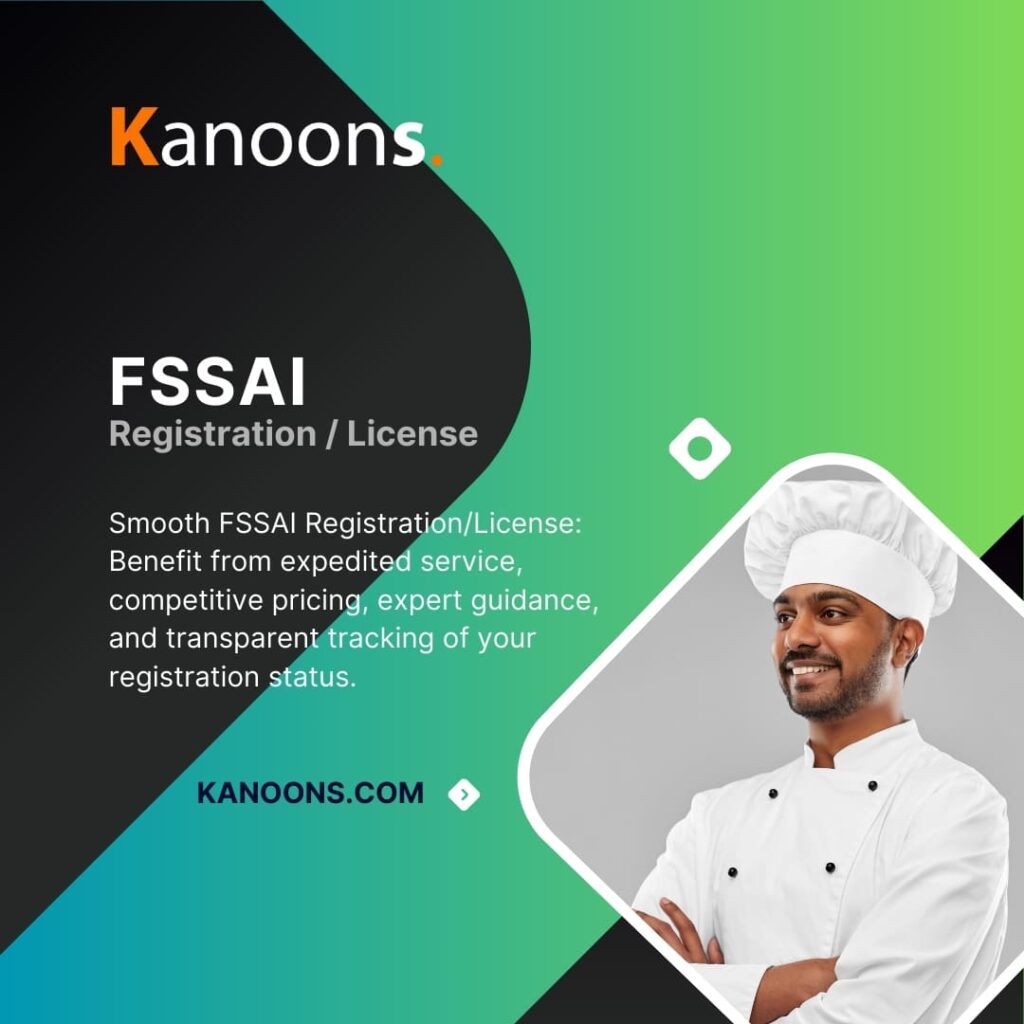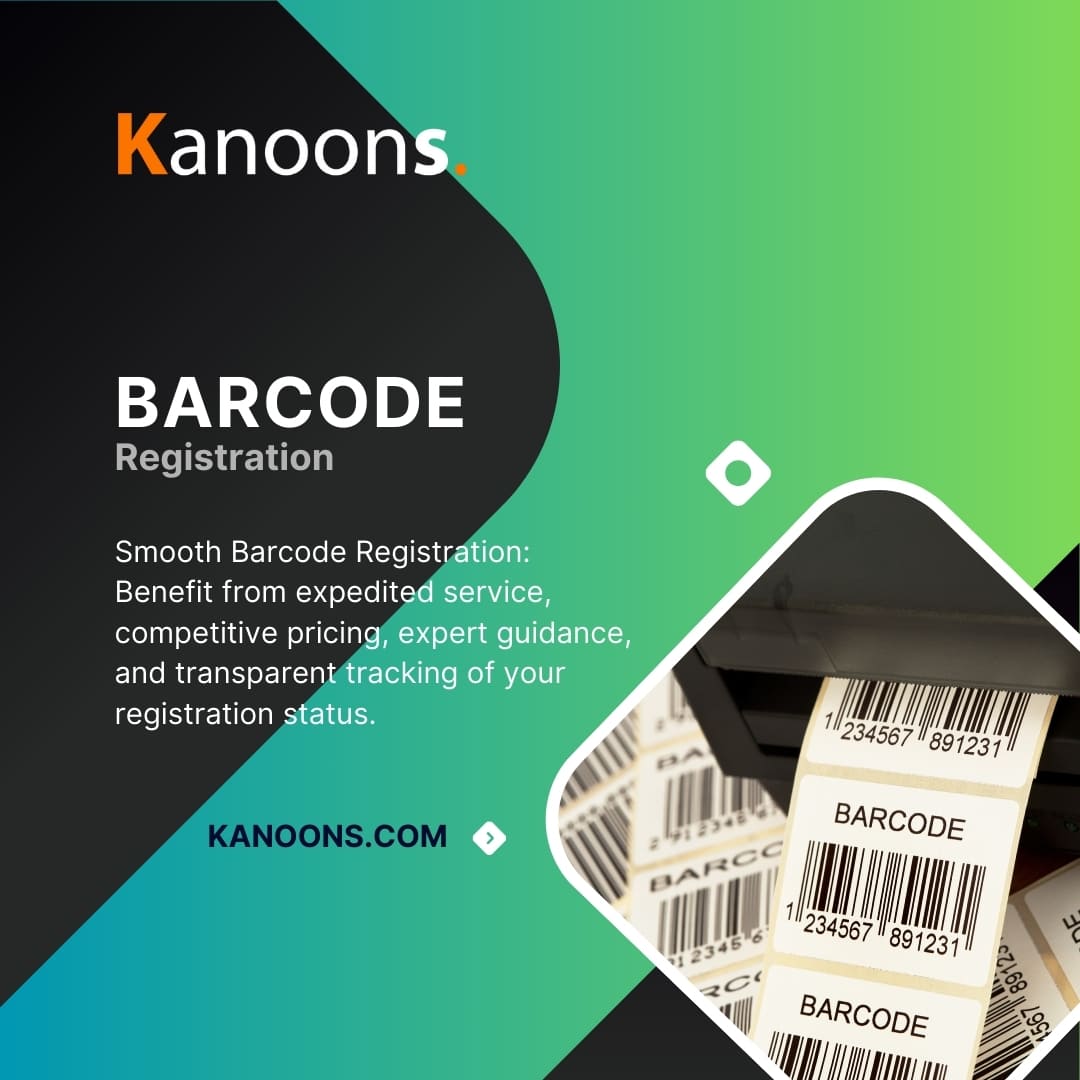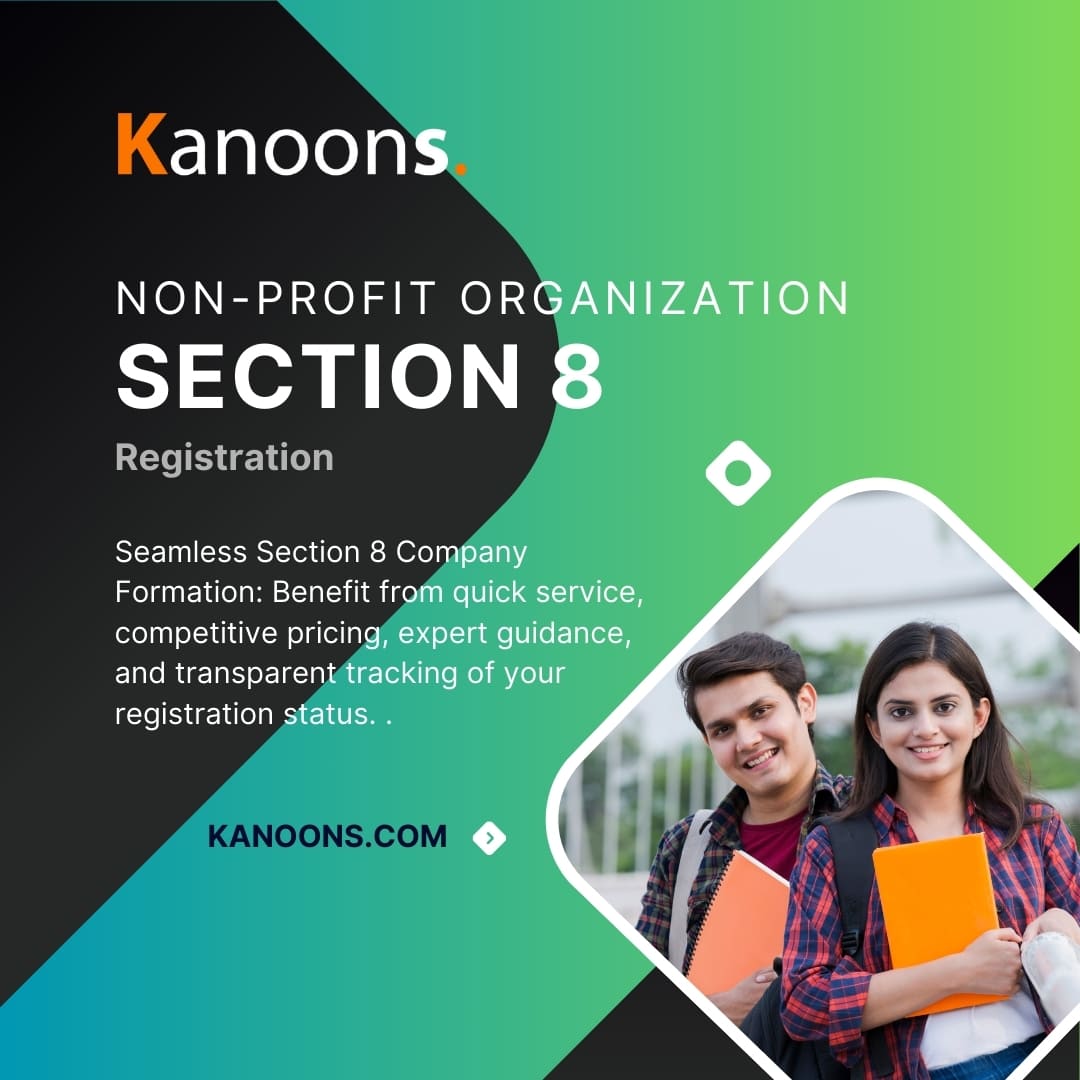
Form-B duly signed
PAN and Aadhaar of the Proprietor/Directors
Business registration documents (Partnership Deed, COI, etc.)
Import Export Code (for importers/exporters)
List of products with manufacturing capacity
Blueprint/layout of processing unit
NOC from Municipality or local body
FSMS plan and water testing report
List of directors/partners with contact details
Terms & Conditions
Eligibility
License issued only to businesses meeting turnover or interstate operation criteria.Application Accuracy
Inaccurate submissions may lead to rejection or license cancellation.Processing Time
Average time: 15–30 days depending on document and inspection clearance.Annual Return Filing
Mandatory for manufacturers and importers under Central License.Inspection
FSSAI may conduct physical inspection before granting the license.Non-Refundable Fee
Government fees and professional charges are non-refundable post-application submission.
FSSAI (Central)
Essential for large-scale food businesses, exporters, importers, and manufacturers operating across multiple states.
The FSSAI Central License is a mandatory requirement for large-scale food businesses engaged in manufacturing, storage, distribution, export, or import of food products. Issued by the Food Safety and Standards Authority of India (FSSAI), this license ensures that your business complies with national food safety regulations.
Businesses with an annual turnover exceeding ₹20 crore, or those operating in more than one state, or involved in import/export of food items, must obtain this license.
Kanoons provides full support for Central License registration, renewal, and compliance, helping you maintain trust and legality in your food operations.
Why Choose FSSAI (Central)? (Advantages & Disadvantages)
Advantages:
- Legal operation of food business across India
- Increases customer trust and brand recognition
- Required for import/export and e-commerce operations
- Protects from penalties and legal complications
- Enables B2B tie-ups and government contracts
Disadvantages:
- Requires extensive documentation and eligibility
- Subject to surprise inspections by FSSAI
- Needs annual return filing and compliance
- Higher cost compared to State or Basic licenses
Who Should Register an FSSAI License?
- Food businesses with turnover above ₹20 crore
- Importers and Exporters of food items
- Food manufacturers and processors with high production capacity
- E-commerce operators and suppliers across India
- Businesses operating in multiple states or through franchises.
Documents Required for FSSAI (Central) License Registration
- Form-B duly signed
- PAN and Aadhaar of the Proprietor/Directors
- Business registration documents (Partnership Deed, COI, etc.)
- Import Export Code (for importers/exporters)
- List of products with manufacturing capacity
- Blueprint/layout of processing unit
- NOC from Municipality or local body
- FSMS plan and water testing report
- List of directors/partners with contact details
FSSAI (Central) License Registration Process (Step-by-Step)
- Eligibility Check & Consultation – Determine if Central License is required
- Document Preparation – Assistance in compiling required documents
- FSSAI Portal Filing – Submission of application to Central Authority
- Inspection (if applicable) – Coordination with FSSAI inspectors
- License Issuance – Receive FSSAI Central License digitally
Kanoons ensures a hassle-free, 100% online FSSAI (Central) License registration process!
What’s Included in Our FSSAI (Central) License Registration Package?
- Application for Central FSSAI License
- Consultation & eligibility check
- Drafting of Form-B & declarations
- Follow-up with FSSAI until license issuance
- Renewal & return filing support (optional add-on)
Post-Incorporation Compliances for FSSAI (Central) License
✔ Display of FSSAI license number and logo on all product packaging
✔
Annual returns in Form D1 and half-yearly returns in Form D2 (for manufacturers)
✔
Maintain hygiene and safety standards as prescribed by FSSAI
✔
Regular renewal before expiry to avoid penalties
✔
Update FSSAI with any change in business activity, address, or ownership
Why Kanoons?
🌟 Expert guidance to choose the correct license category
🌟
End-to-end document preparation and application filing
🌟
Liaison with FSSAI officers for inspections
🌟
Renewal alerts and return filing assistance
🌟
Legal support in case of show-cause notices
Failure to meet FSSAI (Central) obligations can result in severe consequences:
- Operating without a license: Fine up to ₹5 lakhs
- Sale of sub-standard or unsafe food: Fine up to ₹10 lakhs or imprisonment
- Non-filing of returns or renewal: Monetary penalties and license cancellation
- Risk of business suspension and brand damage
Labour License
₹2,499.00 – ₹7,499.00Price range: ₹2,499.00 through ₹7,499.00
Proprietorship
₹2,499.00 – ₹7,499.00Price range: ₹2,499.00 through ₹7,499.00
Barcode Registration
₹59,999.00 – ₹99,999.00Price range: ₹59,999.00 through ₹99,999.00
Section 8 Company
₹24,499.00 – ₹74,499.00Price range: ₹24,499.00 through ₹74,499.00
PF Registration
₹10,000.00 Original price was: ₹10,000.00.₹7,499.00Current price is: ₹7,499.00.
Valuable insights to change your startup idea
FAQ
FSSAI (Central) License Frequently Asked Question
Who needs a Central FSSAI License?
What is the validity of the FSSAI Central License?
What is the difference between Central and State License?
Is inspection mandatory for the Central License?
Can I sell food products online with this license?
How long does it take to get the license?
Get Started Today!
Register Your FSSAI (Central) License Now & Get Legal Compliance Support!
Limited-Time Offer
Get Your FSSAI (Central) License Registered at ₹11,999!
Take the first step towards building a legally recognized and protected business. With Kanoons, experience a hassle-free, fully online Public Limited Incorporation backed by expert legal and compliance support.
© 2025 Copyright. All Rights Reserved by Kanoons
Kanoons.com is owned and operated by Kanoons Law and Tax Consultants Private Limited, a registered consultancy providing services in the areas of advisory, documentation, business registration, taxation, compliance management, and intellectual property filings across India.
Kanoons is not a law firm or accounting firm, and does not offer legal representation, statutory audits, attestation, or certification services. All specialised professional work is coordinated through authorised and independently qualified professionals, in accordance with applicable Indian laws.
All content on this website is intended for general informational purposes only and should not be interpreted as legal, financial, or tax advice. Use of this website or communication through it does not create any attorney–client, accountant–client, or other professional relationship with the company. Users are encouraged to seek independent professional advice before making any decisions based on content or services provided herein.
Your access to and use of this website are subject to our Terms & Conditions, Privacy Policy, Refund and Returns Policy and Disclaimer By continuing to browse or interact with the site, you acknowledge and agree to these terms.
We are committed to safeguarding user information and follow applicable data protection laws, including the Information Technology Act, 2000, and rules thereunder.
The wordmark “Kanoons®”, its logo, and all related brand assets are the exclusive intellectual property of Kanoons Law and Tax Consultants Private Limited. Any unauthorised use, imitation, or reproduction is strictly prohibited and may lead to civil or criminal action.
For queries, service coordination, or support, please contact:
support[at]kanoons[dot]com | +91 90000 13560 / 90














"We manage food delivery across 5 states. Kanoons made the Central License process quick and seamless."
Sana Mehta COO, Food Delivery Service